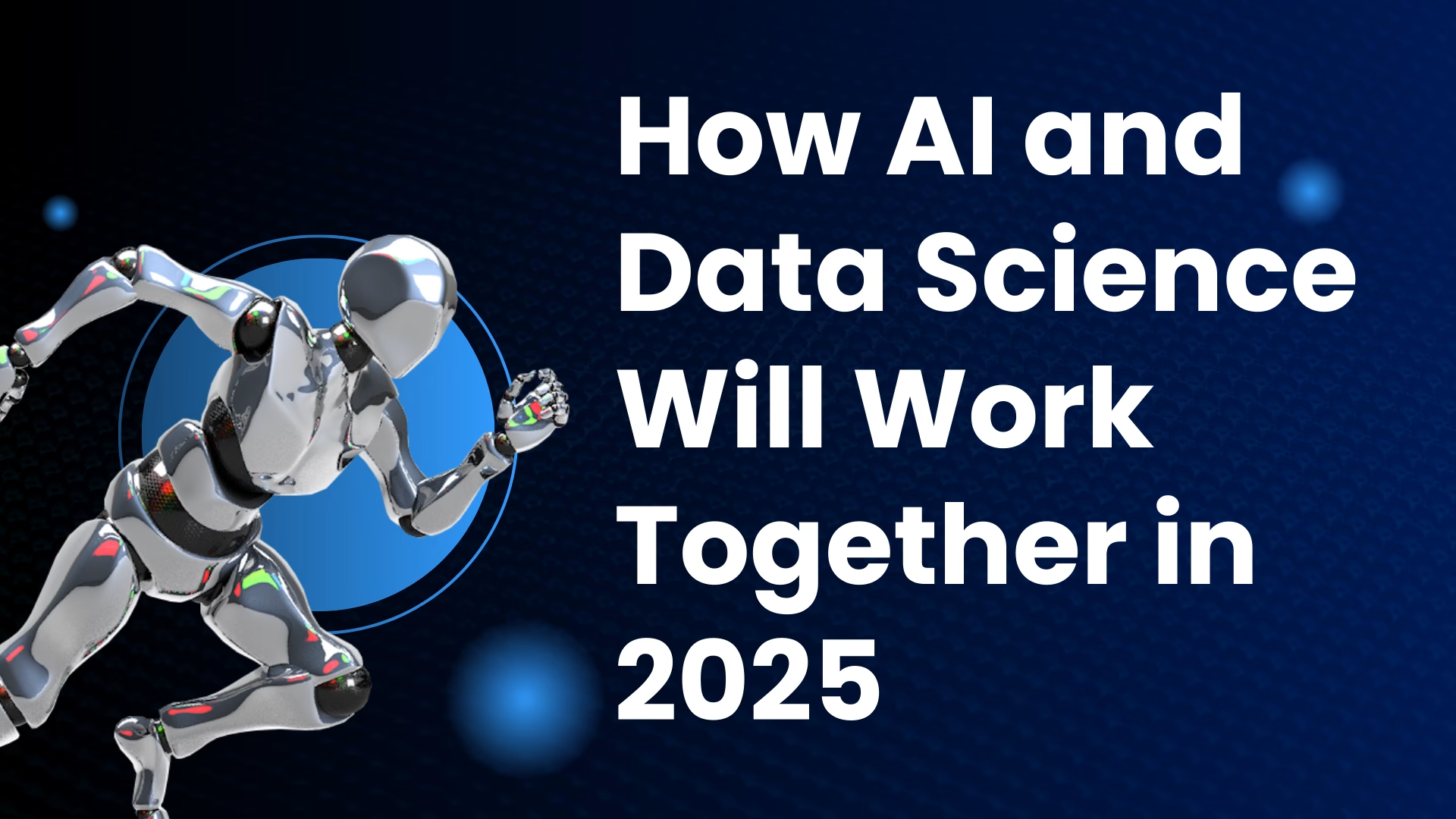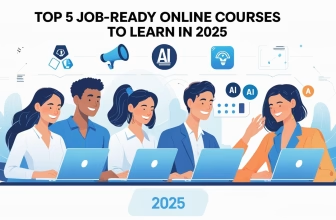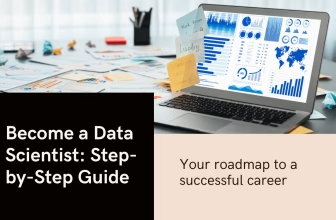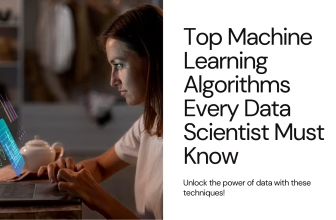How AI and Data Science Will Work Together in 2025: Transforming Industries and Society

Artificial Intelligence (AI) and Data Science are two of the most exciting and impactful technologies of our time. By 2025, these fields won’t just complement each other—they will become inseparable partners, shaping how businesses operate, how decisions are made, and how society progresses. AI’s ability to learn and adapt, combined with the analytical power of data science, will revolutionize industries in ways that feel almost magical. Let’s take a closer look at how these two forces will work together to transform our world.
The Growing Bond Between AI and Data Science
Right now, data science focuses on gathering, organizing, and analyzing data to uncover patterns and insights. AI takes this a step further by automating processes and making predictions based on those patterns. By 2025, this partnership will become more fluid. Think of AI as the brain and data science as the nervous system—both need each other to function effectively.
For businesses and governments, this relationship will make it easier to turn raw data into actionable strategies. From understanding customer needs to predicting economic trends, AI and data science will help make sense of the overwhelming amounts of information being generated every second.
How AI and Data Science Will Work Together in 2025
1. Simplifying Data Analysis
Data analysis can feel like looking for a needle in a haystack. By 2025, AI will take over the repetitive and time-consuming parts of this process, such as cleaning and organizing data. Imagine software that can spot patterns, trends, and outliers in seconds, leaving data scientists free to focus on the bigger picture. For example, instead of manually combing through sales data, AI tools will highlight what’s working, what’s not, and why.
2. Making Better Predictions
Predictive analytics is already a powerful tool, but it’s about to get a whole lot smarter. AI’s ability to process vast amounts of data quickly and accurately will enhance the models data scientists create. In healthcare, this means predicting disease outbreaks or tailoring treatments to individual patients. For businesses, it could mean forecasting demand, identifying new markets, or even preventing product failures before they happen.
3. Real-Time Decision Making
By 2025, AI and data science will help organizations move from reactive to proactive decision-making. Imagine a retail company that doesn’t just notice a spike in demand for a product but predicts it weeks in advance and adjusts its inventory accordingly. Or think about a transportation network that uses real-time traffic data to optimize routes and reduce congestion—all powered by AI interpreting data science models.
4. Unlocking Unstructured Data
Right now, most of the data we generate is unstructured—think social media posts, customer reviews, or even handwritten notes. It’s messy and difficult to analyze. But in 2025, AI’s natural language processing (NLP) capabilities will turn this chaos into clarity. Businesses will be able to understand customer sentiment, identify trends, and even predict public opinion on key issues. For example, an AI-powered tool could scan thousands of product reviews and summarize what people love or hate about a particular feature.
5. Improving Data Security
With great data comes great responsibility. In 2025, AI will help ensure that data remains secure and compliant with privacy laws. It will detect unusual access patterns or potential breaches in real time, acting as a watchdog for sensitive information. Data science will contribute by building ethical and transparent models that ensure fairness and accountability in how data is used.
6. Hyper-Personalization
Personalization is already a big trend, but it’s about to go into overdrive. AI and data science will work together to create deeply personalized experiences. Imagine streaming services recommending not just movies you might like but curating playlists based on your mood—or e-commerce platforms suggesting products before you even realize you need them. This level of personalization will feel intuitive, almost like the technology knows you better than you know yourself.
The Human Side of AI and Data Science
It’s easy to get lost in the technical details, but at its core, the partnership between AI and data science is about improving the human experience. These technologies will help doctors save lives, teachers inspire students, and companies connect with their customers on a deeper level. They’ll make our cities smarter, our jobs more efficient, and our lives a little easier.
That said, it’s also important to address the challenges. As AI becomes more powerful, issues like bias, transparency, and accountability will take center stage. Data scientists and AI developers will need to work hand-in-hand to ensure that the systems they create are fair, ethical, and trustworthy. After all, the goal isn’t just to build smarter machines but to create a better world for everyone.
A Future of Possibilities
By 2025, the collaboration between AI and data science will be a cornerstone of progress. From automating mundane tasks to solving complex global problems, their combined potential is limitless. Industries like healthcare, finance, retail, and transportation will be transformed, but the impact won’t stop there. These technologies will touch every aspect of our lives, making the impossible possible.
As we look to the future, one thing is clear: the partnership between AI and data science isn’t just about numbers or algorithms. It’s about harnessing the power of technology to create a world that’s smarter, fairer, and more connected. And that’s something we can all look forward to.
If you want to explore more blogs like this, click here
FAQs
1. How will AI and data science impact jobs in 2025?
AI and data science will create new job opportunities while automating repetitive tasks. Roles in AI ethics, data engineering, and machine learning operations will become more prominent. However, businesses will need to focus on upskilling employees to adapt to this evolving landscape.
2. Can small businesses benefit from AI and data science?
Absolutely! AI and data science tools are becoming more affordable and accessible, enabling small businesses to optimize operations, personalize customer experiences, and make data-driven decisions.
3. What industries will see the most impact from AI and data science?
While all industries will benefit, sectors like healthcare, finance, retail, and transportation are expected to see the most significant transformation due to advancements in predictive analytics, real-time decision-making, and personalization.
4. How can we ensure ethical use of AI and data science?
Ethical frameworks, transparent algorithms, and strict data governance will be key. Collaboration between developers, data scientists, and policymakers will ensure that AI systems are fair, unbiased, and accountable.




